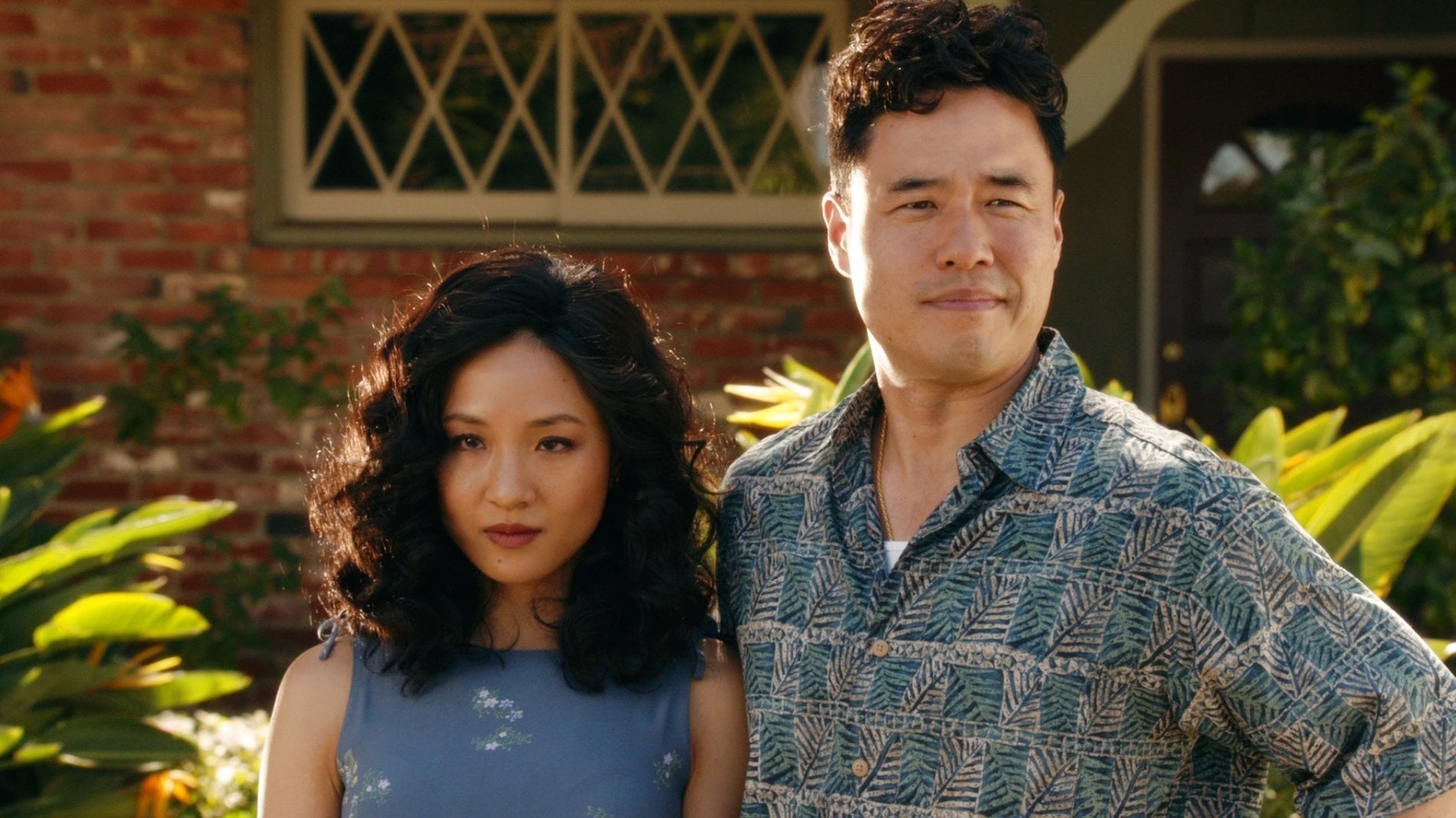

Eddie serves more as an anchor for the rest of the characters’ plots, though, a lens through which the viewers observe the other Huangs and the people in their lives.Įddie’s younger brothers, Emery (Forrest Wheeler) and Evan (Ian Chen), adapt remarkably well to their new lives, easily making friends and enjoying school. Eddie looks to rap for people to relate to, explaining that “hip hop is your anthem when you’re an outsider.” The boy adopts hip hop culture as his own, and his sometimes awkward attempts at infusing it into his boisterous and bombastic personality do result in some charming humor, such as his ostentatious entrances, assisted by his grandmother (Lucille Soong) in her wheelchair, who serves as a rolling speaker system to announce his entrance whenever he has big news to share with the family. In a The Wonder Years-style voiceover, the real-world Eddie Huang narrates the everyday events of this average Chinese-American family’s life from his unique perspective.
#Fresh off the boat series#
The series centers on young Eddie Huang (Hudson Yang), the self-identified “black sheep” of his family who must therefore deal with feeling like an outsider both among his peers and at home. In a society that has grown to value or perhaps over-value political correctness, the frank treatment of our perceptions of cultural differences and the comical confusion that can result is rather refreshing. At first it’s kind of jarring to find yourself laughing at bits that capitalize on the cliché of the over-demanding Asian mother who gets upset when her son gets straight A’s because his school must not be challenging him enough, especially when juxtaposed with jokes regarding the strangeness of privileged white people: suburban moms with similar names rollerblading in a crew, in which “the loudest one seems to be their queen”, shopping in a grocery store that resembles a hospital more than it does a market, and eating meals that come inside a box. It’s a series that completely embraces stereotypes, but from multiple perspectives, both of one’s own heritage and of the unfamiliar. The very premise of Fresh Off the Boat necessitates that it grapples with issues of race, and it admirably does so with great gusto, even if it is sometimes over the top. Culture shock and cultural clashes are the comedic bread and butter of Fresh Off the Boat, as each of the Huangs copes with assimilation into American culture differently, some with enthusiasm, some with reticence, but all in ways that highlight the humor of trying to understand the unfamiliar and find acceptance despite being different.

At the core of the series is the struggle to balance the desire to be included, to fit in, with the pride of holding onto a heritage that inherently makes one different, an outsider.

Roughly based on the life of chef and food personality Eddie Huang, the series follows the Huangs, a Chinese-American family who move from Washington D.C.’s Chinatown to a white suburban neighborhood in Orlando, Florida to open a cowboy-themed, all-American restaurant and pursue the proverbial American dream. Although slow to gain momentum, by the end of the first season, Fresh Off the Boat is a decidedly funny show with quick-witted dialogue and poignant commentary on the comical, if uncomfortable, experience of cultural difference and otherness.

Set in the mid-’90s, this family comedy appeals to a sense of nostalgia similar to The Goldbergs, but the focus is much more on the idea of cultural identity in any era. Fresh Off the Boat assumes for its title an expression that has historically been derogatory and reclaims it for a more positive purpose, turning around the idea that immigrants are unwelcome and ill-equipped because they are unversed in the American way and instead showing how the attempts to navigate and adapt to a new culture without losing a sense of one’s heritage can remind us that “foreignness” is relative.


 0 kommentar(er)
0 kommentar(er)
